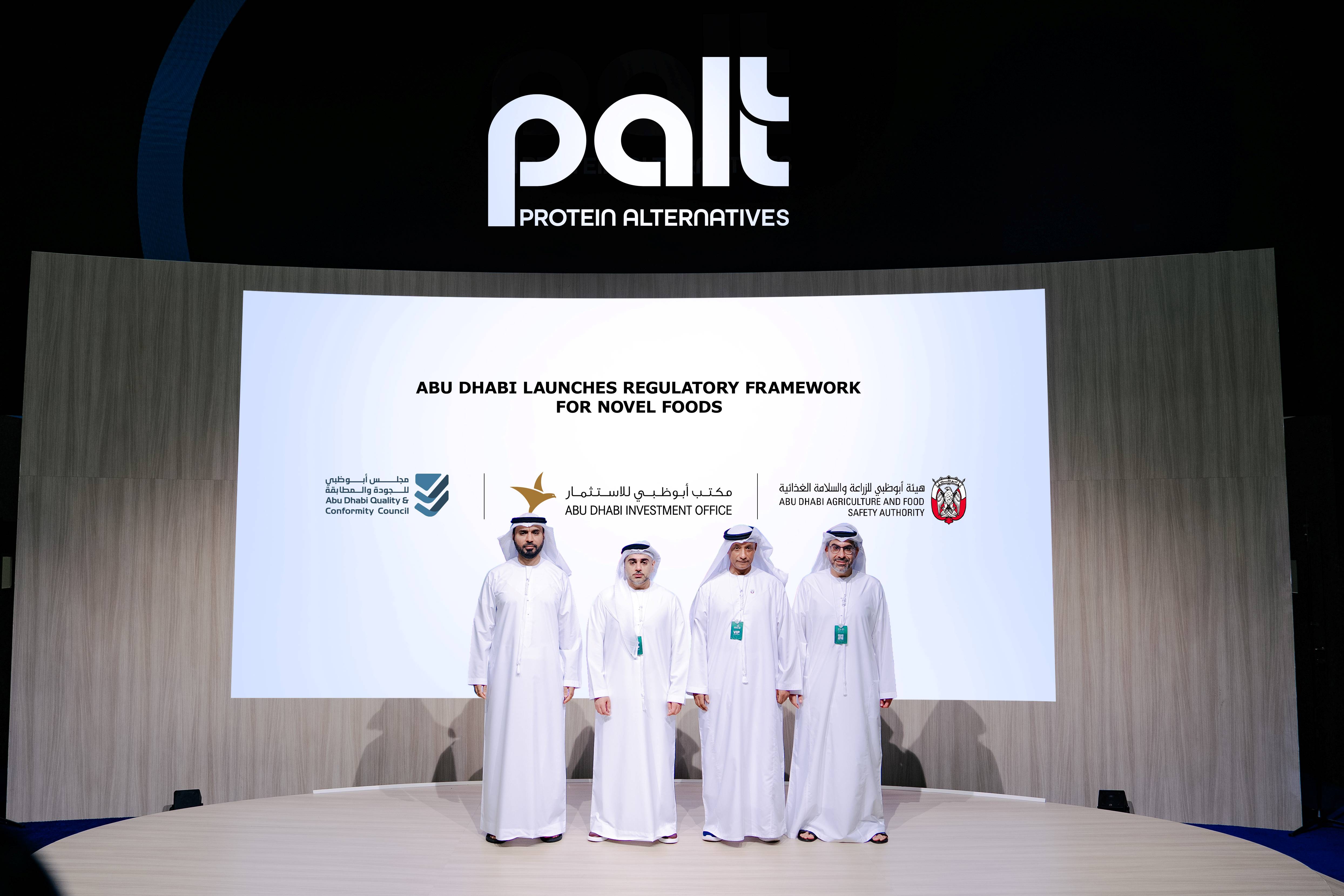

Researchers from UCalgary and National Research Council of Canada receive grant to develop low-carbon-footprint field peas
What kind of vegetable is drought resistant, and can help meet the demand of our growing global population, all the while decreasing our carbon footprint? The humble field pea, of course.
Dr Marcus Samuel from the University of Calgary and Dr Sateesh Kagale from the National Research Council of Canada (NRC) are developing a climate-resilient, low-carbon-footprint field pea through genomic technologies that can be quickly adopted by farmers. As well as their traditional uses in foods like soups and vegetable medleys, peas are used widely as a plant-based protein in vegan products.
“Nitrous oxide from nitrogen fertilizers is a major greenhouse gas that is 300 times more potent than carbon dioxide at trapping heat,” says Samuel, PhD, a professor in the Department of Biological Sciences. "Peas belong to the legume family and require little external nitrogen, making them exceptionally climate efficient. They really are the perfect crop for this research.”
With fewer genomics resources invested in pea breeding, farmers are struggling with low yields caused by root rot and drought. Through the scaling of modern genomic technologies, Samuel and Kagale aim to unlock the vast wealth of information encoded within the genomes of peas and their relatives in the Fabaceae family.
“This project has immense potential to significantly enhance pea genetic and genomic resources, laying the foundation for transformative varietal development,” says Kagale.
The pea can provide the same amount of protein as animal sources, but with less than one per cent of the emissions. The experts from UCalgary – Samuel and Dr Dae-Kyun Ro, PhD – and the NRC will use state-of-the-art genomic technologies to increase the quality, profitability and resilience of peas grown in Canada. This will make field peas less susceptible to root rot and drought and lead to increased uptake in crop rotations.
“We are absolutely thrilled to be developing a crop that will meet the needs of our growing population while decreasing our carbon footprint. It really is a win-win situation,” says Dr. Kristin Baetz, dean of UCalgary's Faculty of Science.
The PeaCE (pea climate-efficient) project was selected as one of nine projects through Genome Canada’s Interdisciplinary Challenge Teams and awarded over CA$7 million to carry out the research. The initiative delivers cutting-edge genomics research and innovation to help reduce the carbon footprint of Canada’s food production systems. In total, Genome Canada is investing CA$30 million in the initiative.
UCalgary and the NRC bring innovative research to life to solve some of the world’s most urgent issues. Once developed, the resilient pea crop will provide a high-protein, low-footprint food source while contributing to Canadian economic growth, jobs and exports.
If you have any questions or would like to get in touch with us, please email info@futureofproteinproduction.com






